This post may contain affiliate links. Please read our disclosure policy.
Making light, flaky gluten free phyllo dough (fillo) at home is a labor of love, but you can't buy it in stores. Until they start offering it for sale, we'll have to make it ourselves, and then use it to make gluten free spanakopita since, well, we went through all that trouble!
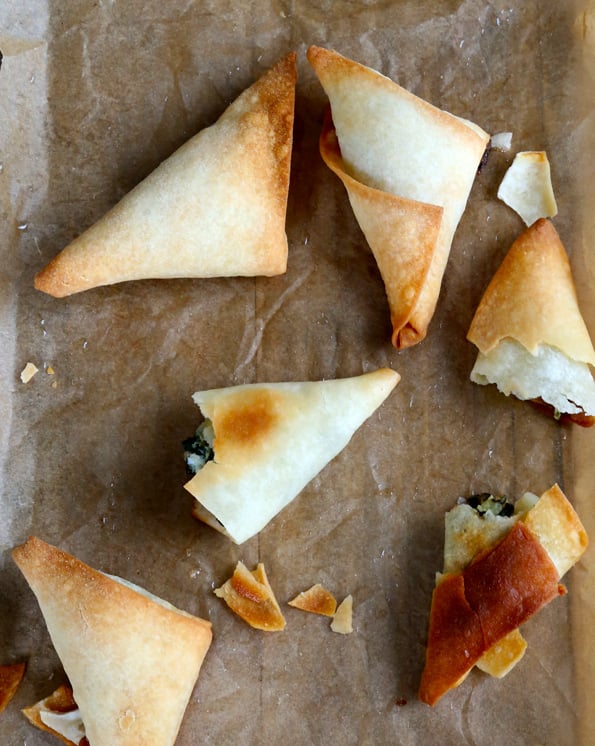
Table of Contents
Gluten free phyllo dough is finally here! You have been asking and asking, and I have been testing, avoiding, testing more. And wringing hands and gnashing teeth. You wanted to make gluten free baklava (me too!) and spanakopita (count me in!). Your mother in law wants to make her beloved son all of his favorites for the holidays, and nothing else will do.
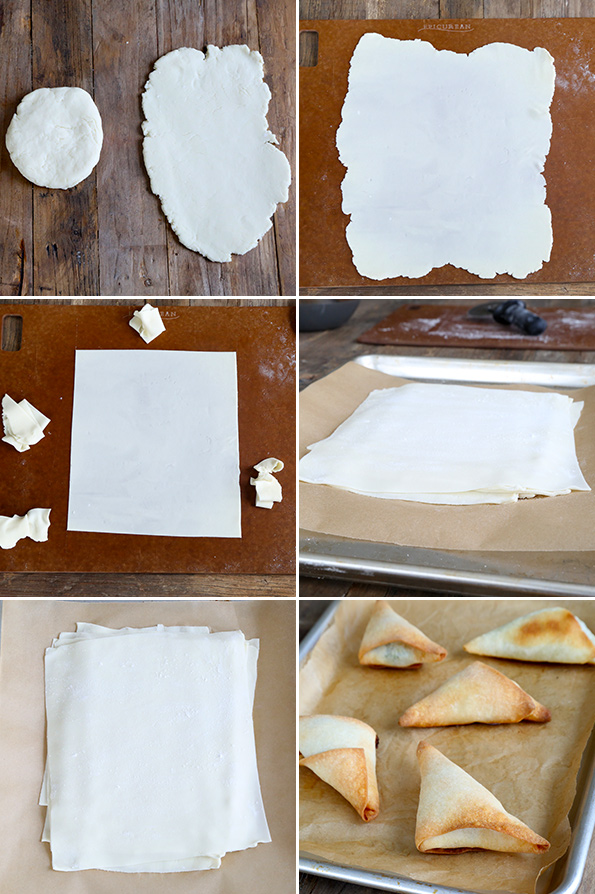
After all that, it's really not so hard at all. Go figure! But once you've made gluten free flour tortillas, fresh gluten free won ton wrappers, and fresh gluten free tortellini I guess I should have known that gluten free phyllo (fillo?) dough was totally doable.
As you might imagine, it really is best if you read through the directions at least once alllllll the way through before you start making and rolling and baking. Keep in mind that, your first run at the dough, you won't attempt to roll it as paper thin as you will make it in the end when you use it.
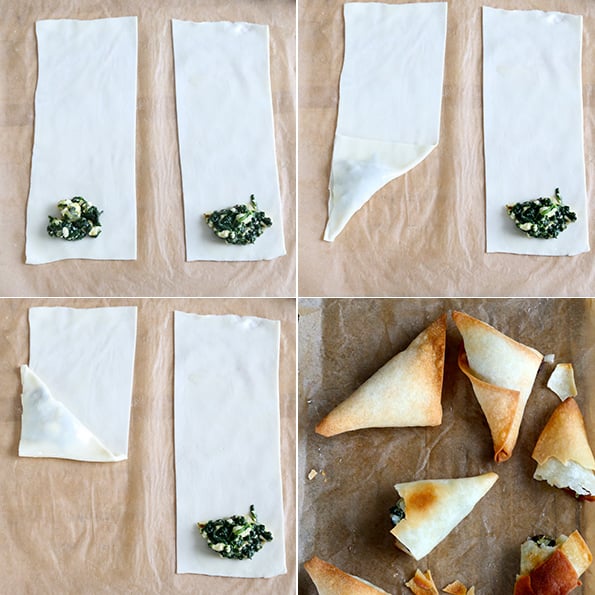
Because it's no fun to make phyllo dough unless you can envision all that you can do with it, I've included a recipe for gluten free spanakopita. If you've been waiting and waiting for the recipe for this thinnest of Greek pastry doughs, you probably already have your own Very Best Way to make things like spanakopita.
By all means, use your favorite filling instead of mine! But do read through the spanakopita directions here and use my methods for handling the dough.

And although homemade phyllo dough isn't going to be as machine-thin as, well, phyllo made by machine, it still bakes up light and flaky thin, and buttery because we brush it with melted butter as we are filling it. Just like you remember!
FAQs
No! Phyllo dough is traditionally made with wheat flour, which is a gluten-containing grain and is not safe on a gluten free diet. If you'd like to have the taste of phyllo dough gluten free, you'll have to make it yourself with a gluten free recipe like this one.
No! Phyllo dough is not a pastry. It's a very thin rolled dough made mostly with flour, oil and water. Puff pastry is a laminated pastry dough made with layers of cold butter surrounded by flour that is rolled and folded repeatedly to get hundreds of flaky layers. Each sheet of phyllo dough bakes as a single layer.
Yes! Phyllo dough bakes into a similar texture to spring rolls made with flour and water. Both are rolled very thin. Spring roll wrappers are not the same as rice paper wrappers, which are paper thin wrappers made from rice paste and water and rehydrated in a bowl of lukewarm water before filling and eating.
Gluten Free Phyllo Dough (Fillo) and Spanakopita

Ingredients
For the phyllo dough
- 3 ½ cups (490 g) all purpose gluten free flour blend, plus more for sprinkling (I used Better Batter; please click thru for full info on appropriate blends)
- 2 ¼ teaspoons xanthan gum, (omit if your blend already contains it)
- ¾ cup (85 g) Expandex modified tapioca starch, (See Recipe Notes)
- 1 teaspoon kosher salt
- ¼ cup (56 g) extra-virgin olive oil
- 3 tablespoons freshly squeezed lemon juice, (from about 1 medium lemon)
- 1 ½ cups (12 fluid ounces) lukewarm water
For the spanakopita
- 1 tablespoon (14 g) extra-virgin olive oil
- 1 medium shallot, peeled and diced
- 16- ounces fresh spinach, (or frozen whole leaf spinach, defrosted)
- 4 ounces feta cheese, crumbled
- 1 (50 g (weighed out of shell)) egg, at room temperature
- ⅛ teaspoon kosher salt
- ⅛ teaspoon freshly ground black pepper
- Phyllo dough
- 3 tablespoons (42 g) unsalted butter, melted, plus more as necessary
Instructions
Make the phyllo dough.
- In a large bowl, place the all-purpose gluten free flour, xanthan gum, Expandex and salt, and whisk to combine.
- Create a well in the center of the dry ingredients and add the olive oil, lemon juice and water, and mix to combine.
- The dough will come together and be thick.
- Press together into a ball, cover with a moist tea towel, and allow to sit for about 20 minutes.
- The dough will stiffen a bit as it absorbs more of the water.
- Pull off golf ball-sized pieces (about 3 ounces by weight) of the dough, and press into a disk with your fingers.
- Place the dough on a clean, flat surface and roll into a rough rectangle about 8-inches long.
- Sprinkle lightly with more gluten free flour, and roll into a rectangle about 12-inches x 10-inches.
- Using a sharp knife, pizza wheel or pastry cutter, trim the rough edges of the rectangle into a neat rectangle that is about 10-inches x 8-inches.
- Dust both sides of the dough generously with more flour, and set aside on a piece of parchment paper.
- Gather the scraps and return them to the remaining dough.
- Repeat with the rest of the dough, layering the pieces of rolled-out dough on top of one another, each dusted generously with flour to prevent sticking.
- The dough can be frozen for later use, then thawed at room temperature before using.
Make the spanakopita filling.
- In a heavy-bottom saucepan, heat the olive oil over medium heat.
- Add the diced shallot and cook, stirring occasionally, until translucent (about 4 minutes).
- Remove the cooked shallots from the pan and set aside.
- Add the fresh spinach, and cook, stirring occasionally, until wilted. Remove from the heat and allow to cool.
- Once cool, place the spinach in a clean tea towel or strong paper towels and wring out until all water has been removed.
- Chop the cooked, dry spinach roughly, and place in the medium-sized bowl with the cooked shallots, feta cheese, egg, salt and pepper, and mix to combine.
- Set the filling aside.
- Preheat your oven to 350°F. Line a large rimmed baking sheet with unbleached parchment paper and set it aside.
Shape the spanikopita.
- Place 1 sheet of fresh phyllo dough on a lightly floured surface, with the short side of the rectangle facing you.
- Sprinkle lightly with more flour, and using a sharp knife, pastry wheel or pizza cutter, cut the rectangle in half lengthwise so you have two equal rectangles, each about 10-inches x 4 inches.
- Separate the rectangles and roll each away from you so that it is about 11-inches x 4-inches (or as long as you can make it without the dough tearing). The dough should be nearly translucent.
- Brush each rectangle generously with melted butter.
- About 1/2-inch from the bottom of each rectangle, place about 1 tablespoon of filling. Pull one of the bottom corners of the rectangle of dough up over the filling on an angle (toward the opposite side of the dough) to make a triangle.
- Brush the top of the triangle with more melted butter, and fold it over on itself again toward the other side of the dough rectangle (see photos).
- Brush again with melted butter, and continue to fold the dough, brushing with melted butter each time, until you reach the top of the rectangle.
- Repeat with the other piece of dough, and then more sheets of phyllo dough and filling.
Bake the spanikopita.
- Place the spanakopita on the prepared baking sheet, about 1-inch apart from one another.
- Place the baking sheet in the center of the preheated oven and bake until lightly golden brown all over (about 20 minutes).
- Remove from the oven and serve immediately.
Notes
Nutrition information is automatically calculated, so should only be used as an approximation.
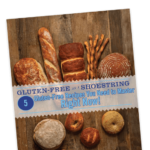
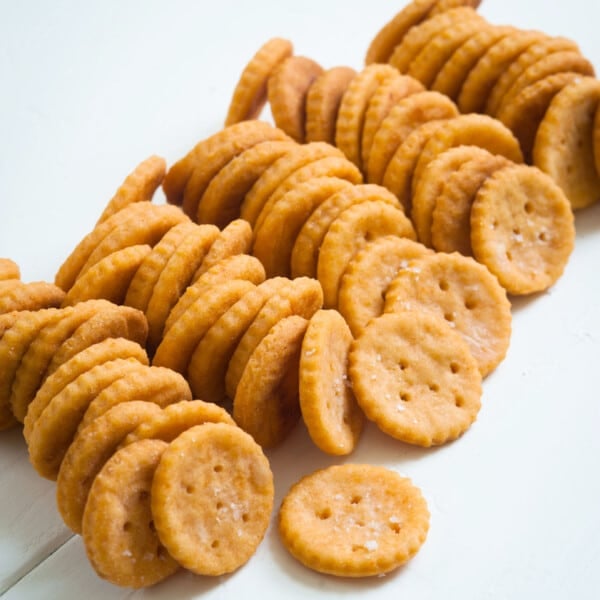
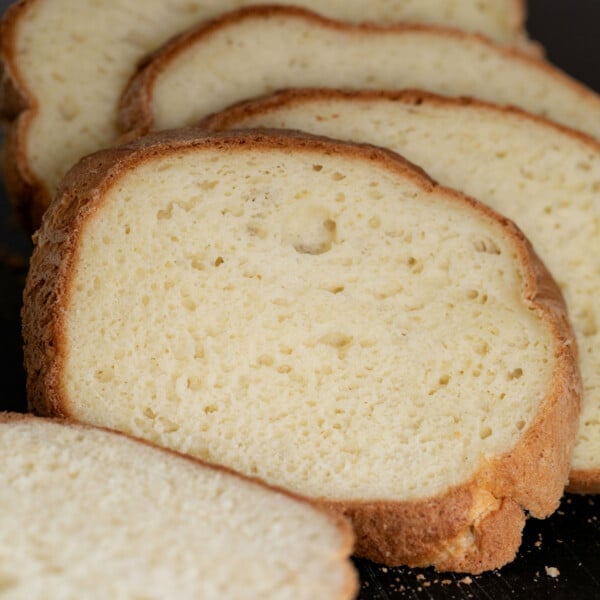
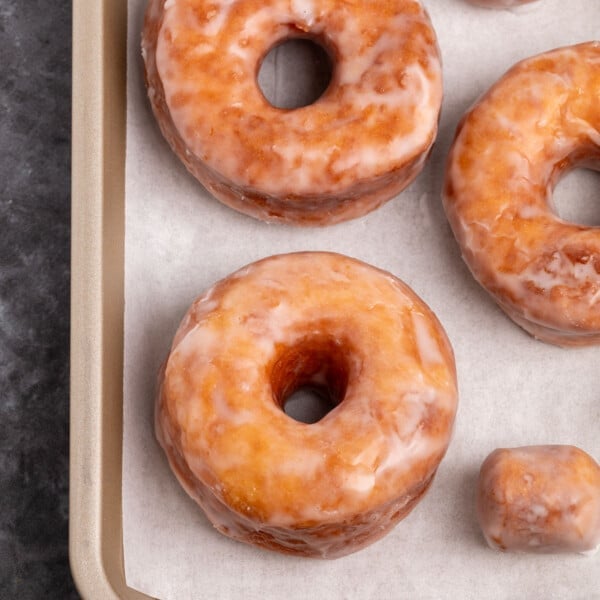
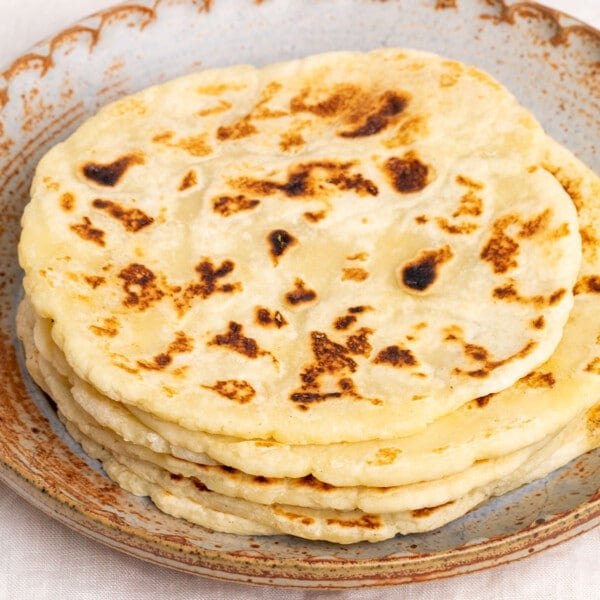









Would Cup4Cup flour work in this recipe or should I stick with the Better Batter?
I literally just screamed out in joy when I saw this post!!! My mother in law will be SHOCKED (and beyond happy) that I can make baklava! Thank you, thank you, thank you Nicole! Funny enough, I had to adapt one of her recipes today to make “asure”, a traditional Turkish holiday dish. Looking forward to adapting her baklava recipes. This also opens up the beloved world of boreks… So many Turkish dishes are now more accessible!
Hi Nicole, I’m not new to GF but I am new here to your site. It is so visually beautiful and I can’t wait to dive into some…ok most…of these recipes. I don’t miss eating gluten except for one thing And that’s the Sabbath Challah. I always know I’m going to wake up with a headache Saturday morning if I over indulge. Have you ever had a request for challah ( egg bread). Just curious. At any rate, you have a new subscriber and faithful follower. Thank you. Kelly